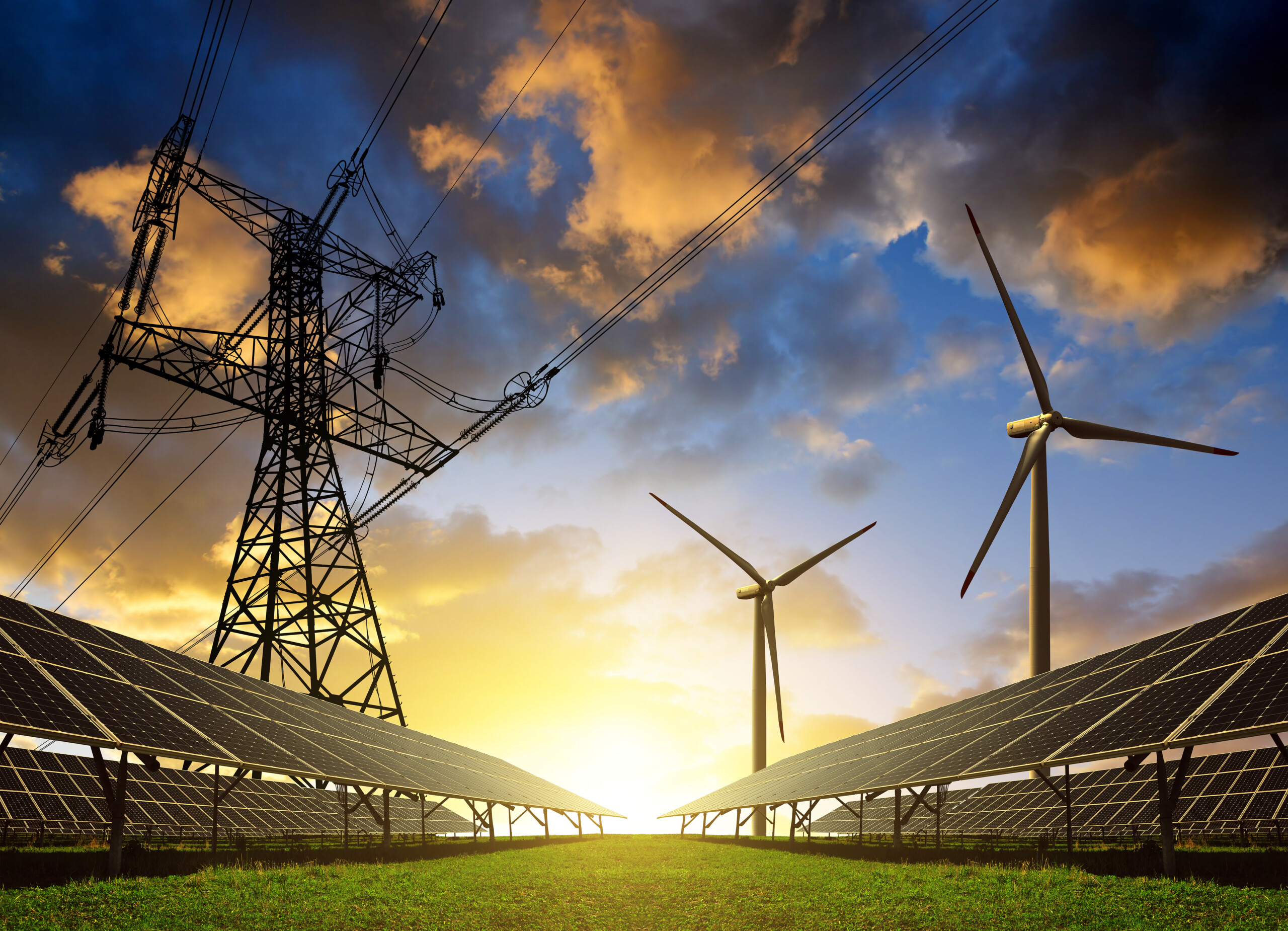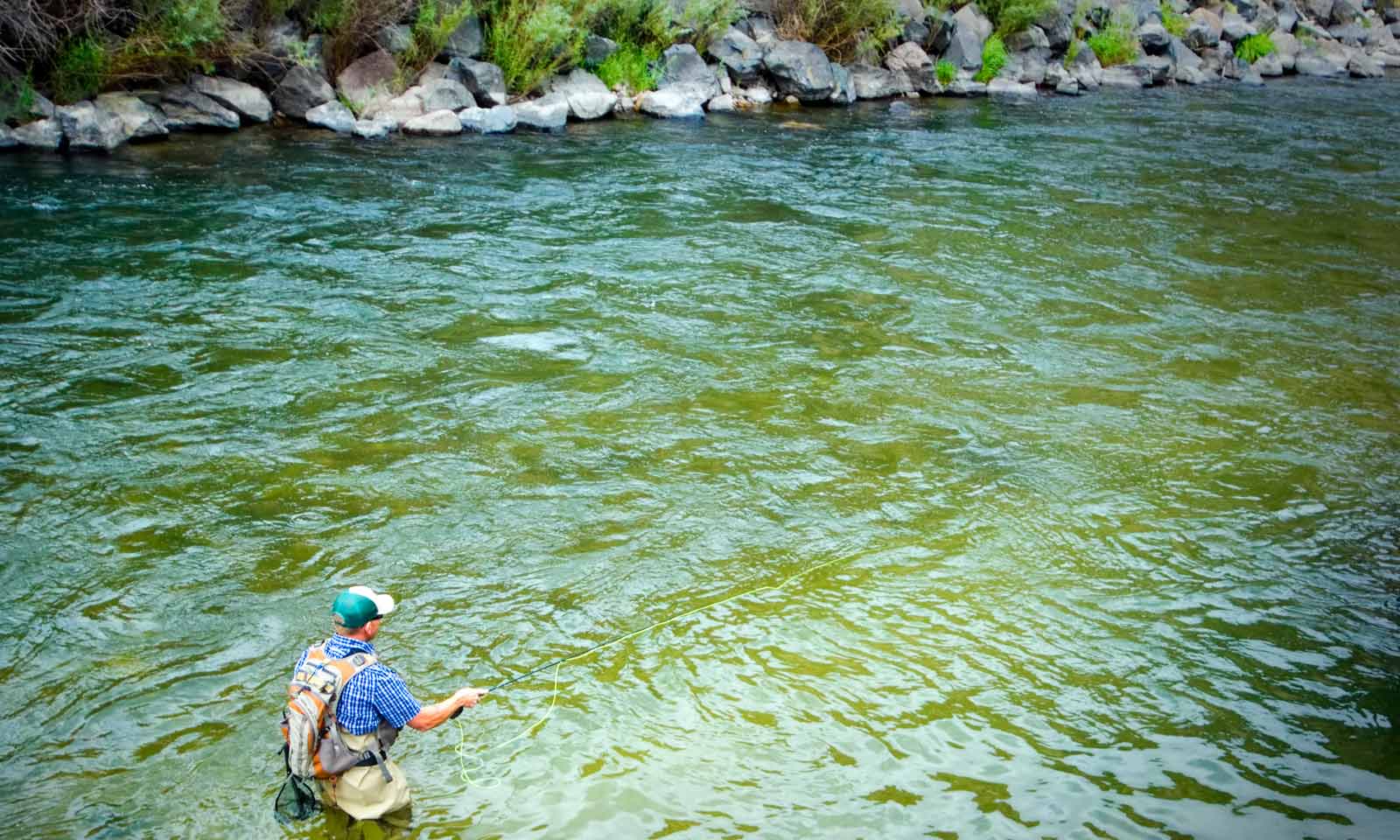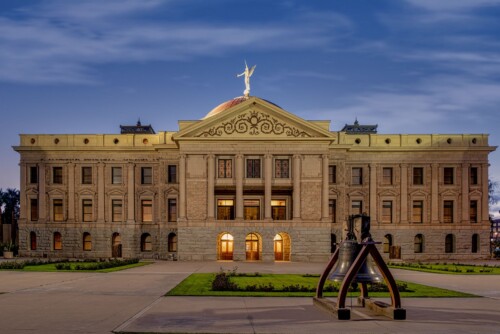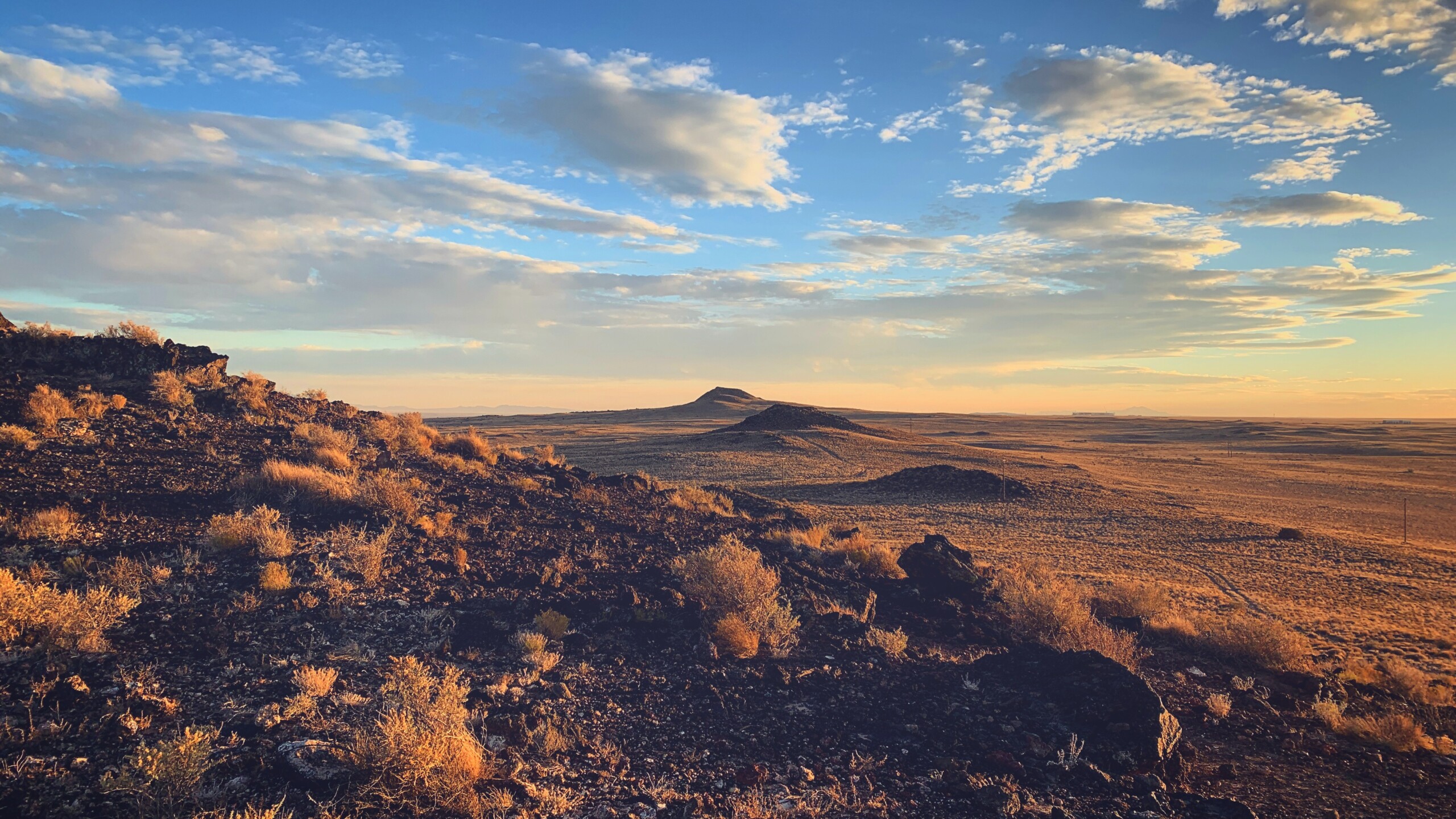Annual Report 2021
The first two years of President Biden’s administration have seen a renewed focus on climate change, with increased federal legislation and executive actions to address climate priorities. Biden’s new federal climate focus creates an opportunity to shape federal policy in ways that build upon state-level efforts.
Additionally, the passage of the bipartisan Infrastructure Investment and Jobs Act in 2021 offers a platform to leverage federal funding to advance grid modernization and transportation electrification at the state level. WRA provides policy design and technical support for priority federal legislation and administrative climate policies that reflect equitable state and regional climate objectives. In addition, as federal policy is enacted, we support its state and local adoption and implementation and advocate for federal resources to achieve accelerated climate progress in Western states and communities.
It will be nearly impossible to achieve our region’s clean energy and climate goals without both expanded transmission capacity and a regional transmission market to more cost-effectively move electricity across large geographic areas. That’s why WRA is engaged in numerous efforts to advance formation of a regional transmission organization in the West.

Paving the Way for Regional Energy Markets
With the transition to clean energy well under way in our region, the case for regional markets is growing stronger. Establishment of a regional transmission organization will speed the shift to clean energy by creating flexibility to integrate far larger quantities of intermittent renewable resources, and it will make the transition more cost effective, reducing political barriers.
However, there is confusion about how wholesale energy market expansion can take place in the West. Providing the basis and advantages for a centrally managed electricity market in the West — that meets the needs of the future and tackles the risks of climate change — is critical for advancing our policy and technical solutions.
WRA successfully influenced key industry decision makers, utilities, and federal regulators by advocating for the economic and environmental benefits of a wholesale energy market. We collaborated with conservation nonprofits and community organizations to convince stakeholders to keep moving forward with policy and regulatory initiatives during the pandemic. WRA met with federal energy regulators and policy advisors to highlight the various efforts on the ground and the need for continued active outreach and communications. Through these efforts, WRA earned a reputation for being a proactive and solutions-providing environmental nonprofit.
Securing credibility and trust as a thought leader in furthering a decarbonized grid using market solutions ties directly to WRA priorities for strengthening and expanding regional wholesale electricity markets in the West.

Securing Funding for Vital Endangered Fish Recovery Program Projects to Keep Water in Rivers and Streams
The Colorado River is an essential water source for more than 40 million people, 5.5 million acres of agriculture, and the vibrant wildlife along its course through the Southwest, including four federally listed endangered fish species in the upper basin. The Upper Colorado River Endangered Fish Recovery Program aims to achieve full recovery of these integral endangered species to support the overall health of the river ecosystem. WRA collaborates on important initiatives to help these species recover on the Colorado River, with the goal of increasing healthy populations and keeping more water in our rivers and streams.
The Grand Junction Fish and Wildlife Conservation Office has an annual budget of $5 million, but it cannot keep up with the ever-growing list of infrastructure projects needed to sustain the Recovery Program. Projects include fish ladders and fish screens in reservoirs to keep out nonnative species, and they total tens of millions of dollars in required investment. The biggest obstacle has been finding the funding for these projects.
WRA estimated $50 million for short-term needs and advocated for it to be included in the federal Infrastructure Investment and Jobs Act. Our team identified multiple avenues for making this funding recommendation, from signing a formal request to the Bureau of Reclamation to sending a joint letter to Governor Jared Polis.
And our advocacy efforts paid off. The Upper Colorado River Endangered Fish Recovery Program will receive a large portion of the $50 million allocated, which will pay for four years of capital construction projects, get rid of the backlog of those projects that didn’t have funding to move forward until now, and ultimately help preserve the endangered fish species and keep more water in our rivers and streams.
Ensuring Western States Have Joint Authority in Expanding Regional Energy Markets
In 2021, regional energy market expansion efforts secured a major milestone in ensuring that Western states and utilities outside California have a voice, with voting power and a process for resolving disputes between utilities and the California Independent System Operator for wholesale electricity. The Interior West has its unique set of socioeconomic and environmental priorities and doesn’t often have a similar agenda to California’s. Many Western states are reluctant to enter into a regional energy market because they are concerned about maintaining local control and the flexibility to make state-specific decisions.
WRA helped secure an agreement for joint authority to review, approve, and make decisions on market expansion, which is critical to winning the trust and confidence of Western states. Utilities, consumer groups, regulators, and policy makers will all have the ability to make decisions, so that California alone doesn’t have absolute authority on improving a regional market for electricity in the West. This agreement allows Intermountain states and clean energy advocates to have an explicit voice and access to improving future regional markets for wholesale electricity.
The approval of the joint authority for decision making and resolving disputes goes a long way in furthering WRA goals for decarbonizing the Western electric grid through expanding regional markets for wholesale electricity in the West.









